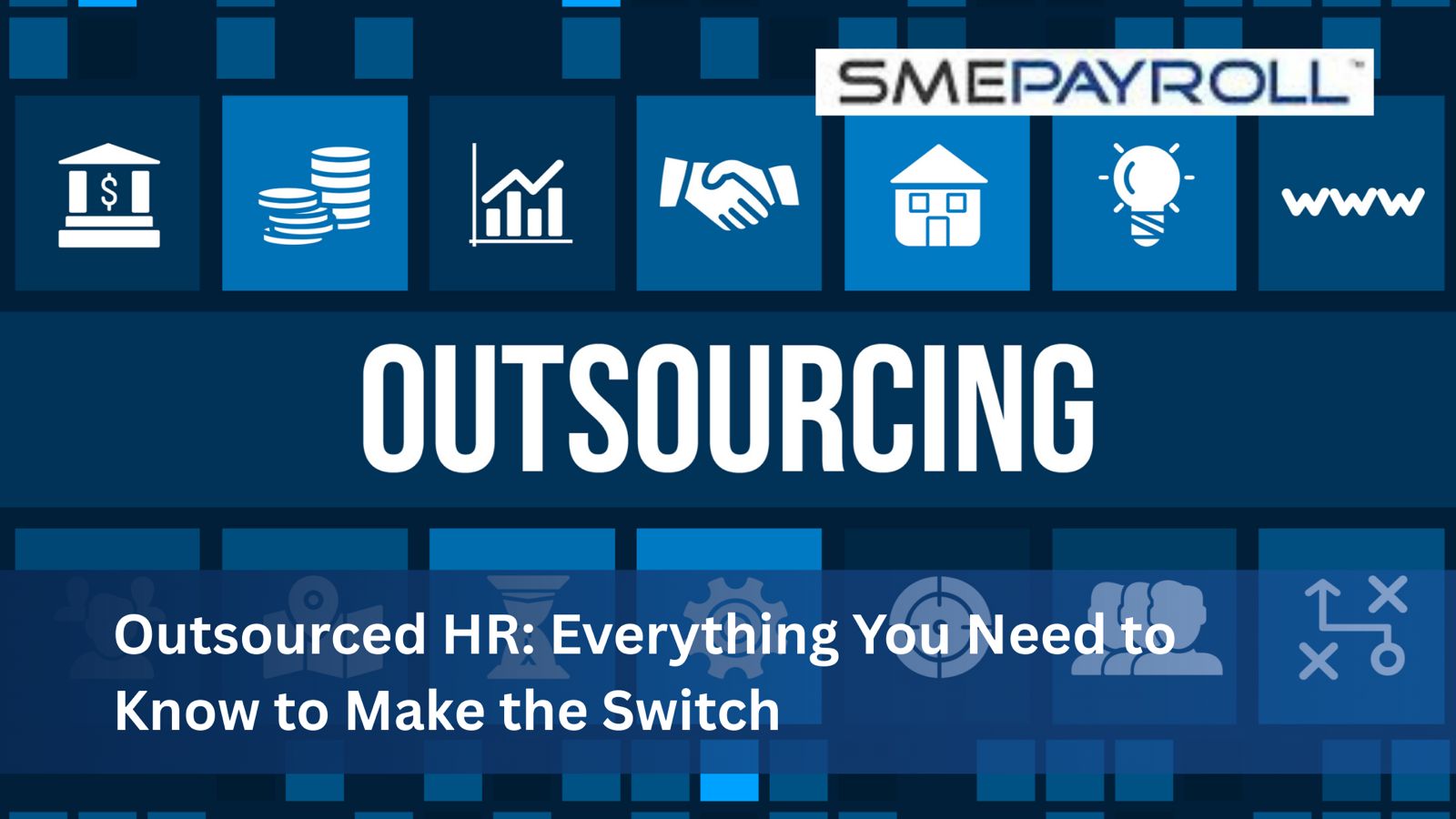Recruitment and applicant tracking are pivotal aspects of human resource management. With the advancement of technology, Human Resource Management Systems (HRMS) have revolutionized the way organizations manage their recruitment processes. In this article, we delve into the importance, benefits, and functionalities of Recruitment and Applicant Tracking in HRMS, highlighting their role in ensuring successful talent acquisition.
Table of Contents
1. Centralized Candidate Database
HRMS enables the creation of a centralized database that stores candidate information. This simplifies the tracking and management of applicants, eliminating the need for manual record-keeping.
2. Job Posting and Advertisement
HRMS provides platforms to create, customize, and post job vacancies across various channels. This broadens the reach of job openings and attracts a diverse pool of candidates.
3. Application Screening
Automated screening tools within HRMS help filter applications based on predetermined criteria, ensuring that only qualified candidates proceed to the next stage.
4. Candidate Communication
HRMS facilitates communication with candidates throughout the hiring process, including sending automated emails, interview invitations, and feedback.
5. Interview Scheduling
Integrated scheduling tools enable interview coordination between recruiters, candidates, and interviewers, streamlining the process and reducing scheduling conflicts.
6. Assessment and Testing
HRMS often includes assessment tools to evaluate candidates’ skills and suitability for specific roles, aiding in informed decision-making.
7. Candidate Experience Enhancement
A positive candidate experience is crucial. HRMS enables personalized communication, feedback, and updates, enhancing candidates’ perception of the organization.
8. Collaboration and Feedback
Recruitment teams can collaborate within HRMS, share feedback on candidates, and maintain a structured evaluation process.
9. Data Analytics and Reporting
HRMS offers insights into recruitment metrics, helping organizations refine their strategies and optimize hiring processes.
10. Compliance and Regulations
Ensuring compliance with hiring laws and regulations becomes easier with HRMS, as it can incorporate legal requirements and track necessary documentation.
Advantages of HRMS for Recruitment and Applicant Tracking
The integration of Recruitment and Applicant Tracking in HRMS offers several benefits to organizations seeking efficient and effective talent acquisition processes:
- Time and Cost Savings: Automation reduces manual tasks, accelerates processes, and lowers recruitment costs.
- Enhanced Collaboration: HRMS enables seamless communication and collaboration among hiring teams, improving decision-making.
- Improved Candidate Quality: Automated screening ensures that only the most qualified candidates progress, enhancing the overall quality of the talent pool.
- Data-Driven Decisions: Analytics provide valuable insights, allowing organizations to fine-tune their recruitment strategies.
- Enhanced Candidate Experience: Personalized communication and transparency throughout the process create a positive candidate experience.
How SME Payroll’s HRMS & Payroll Solution for SMEs Helps in this!
Small and medium-sized enterprises (SMEs) often face unique challenges in managing their recruitment processes efficiently. SME Payroll’s HRMS & Payroll Solution offers tailored features that align with the needs of SMEs, enhancing their recruitment and applicant tracking processes:
- Customized Workflows: SME Payroll’s solution allows SMEs to create customized recruitment workflows, ensuring that every step of the process is aligned with their specific requirements.
- Streamlined Communication: The integrated communication features enable SMEs to maintain transparent and timely communication with candidates, enhancing their experience.
- Efficient Onboarding: The HRMS solution seamlessly integrates recruitment with onboarding, ensuring a smooth transition from candidate to employee.
- Data Security: SME Payroll’s solution prioritizes data security, ensuring that sensitive candidate information is protected throughout the recruitment process.
- Analytics for Improvement: The solution provides analytics that help SMEs track their recruitment performance, identify bottlenecks, and make informed decisions for process improvement.
Conclusion
Recruitment and Applicant Tracking in HRMS have revolutionized the way organizations attract, evaluate, and hire talent. These systems enhance efficiency, reduce administrative burdens, and provide valuable insights for continuous improvement. As organizations increasingly rely on technology for seamless talent acquisition, HRMS becomes an indispensable tool for building high-performing teams and driving organizational success. When coupled with SME Payroll’s HRMS & Payroll Solution, SMEs can further optimize their recruitment processes, ensuring the acquisition of top-notch talent and fostering business growth.
FAQs
Ques 1. Can HRMS be integrated with other HR software?
Ans 1. Yes, many HRMS platforms offer integration with other HR tools, ensuring seamless data exchange and process optimization.
Ques 2. How does HRMS benefit small businesses?
Ans 2. HRMS streamlines recruitment, freeing up resources for other business operations, and ensuring effective hiring.
Ques 3. Is HRMS suitable for remote hiring?
Ans 3. Absolutely, HRMS enables remote collaboration, making it suitable for hiring talent from different locations.
Ques 4. Can HRMS help in diversity hiring?
Ans 4. Yes, HRMS enables targeted job posting and diverse candidate sourcing, promoting inclusivity in the hiring process.
Ques 5. What role does HRMS play in compliance?
Ans 5. HRMS assists in tracking compliance requirements, ensuring that organizations adhere to legal and regulatory standards.
Ques 6. What is the future of Recruitment and Applicant Tracking in HRMS?
Ans 6. The future holds continued innovation, including AI-driven candidate matching and further enhancement of candidate experience.






















Leave feedback about this